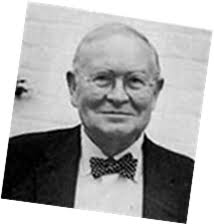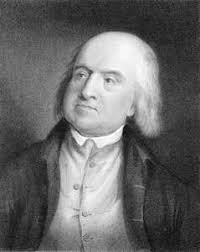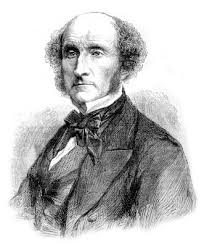
Theme A. Joseph Fletcher’s Situation Ethics - his rejection of other forms of ethics and his acceptance of agape as the basis of morality: Fletcher’s rejection of other approaches within ethics: legalism, antinomianism and the role of conscience; Fletcher’s rationale for using the religious concept of 'agape' (selfless love) as the 'middle way' between the extremes of legalism and antinomianism; the biblical evidence used to support this approach: the teachings of Jesus (Luke 10:25:37) and St Paul (1 Corinthians 13). Situation Ethics as a form of moral relativism, a consequentialist and teleological theory.

Theme B. Fletcher's Situation Ethics - the principles as a means of assessing morality:
The boss principle of Situation Ethics (following the concept of agape); the four working principles (pragmatism, relativism, positivism and personalism);
The six fundamental principles (love is the only good, love is the ruling norm of Christianity, love equals justice, love for all, loving ends justify the means and love decides situationally).
The boss principle of Situation Ethics (following the concept of agape); the four working principles (pragmatism, relativism, positivism and personalism);
The six fundamental principles (love is the only good, love is the ruling norm of Christianity, love equals justice, love for all, loving ends justify the means and love decides situationally).

Theme C. Fletcher’s Situation Ethics - application of theory: The application of Fletcher’s Situation Ethics to both of the issues listed below:
1. homosexual relationships 2. polyamorous relationships
1. homosexual relationships 2. polyamorous relationships

Theme D. Classical Utilitarianism - Jeremy Bentham’s Act Utilitarianism: happiness as the basis of morality: Bentham's theory of 'utility' or 'usefulness'; ultimate aim is to pursue pleasure and avoid pain; principle of utility ('the greatest happiness for the greatest number'). The hedonic calculus as a means of measuring pleasure in each unique moral situation; by considering seven factors: intensity, duration, certainty, remoteness, fecundity, purity and extent. Act Utilitarianism as a form of moral relativism, a consequentialist and teleological theory.
Utilitarianism: Crash Course Philosophy
Utilitarianism: Crash Course Philosophy

Theme E. John Stuart Mill's development of Utilitarianism: types of pleasure, the harm principle and the use of rules: Mill's idea that not all pleasure is the same: ‘higher pleasures’ (intellectual) are superior to ‘lower pleasures’ (basic physical pleasure); the ‘Harm Principle’: the actions of individuals should be limited to prevent harm to other individuals; not all actions need to be morally assessed as actions are morally right if they conform to a historical rule that has demonstrated that it fulfils the principle of utility (now known as ‘Rule’ Utilitarianism). Mill’s Utilitarianism as a teleological/deontological hybrid.
BBC Trolley Experiment
Mother Forkin' Morals with Dr. Todd May - Part 2: Utilitarianism - The Good Place
Mill: The Harm Principle
BBC Trolley Experiment
Mother Forkin' Morals with Dr. Todd May - Part 2: Utilitarianism - The Good Place
Mill: The Harm Principle

Theme F. Bentham’s Act Utilitarianism and Mill’s Rule Utilitarianism - application of the theory:
The application of Bentham’s Act Utilitarianism and Mill’s Rule Utilitarianism to both of the issues listed below:
1. animal experimentation for medical research 2. the use of nuclear weapons as a deterrent
The application of Bentham’s Act Utilitarianism and Mill’s Rule Utilitarianism to both of the issues listed below:
1. animal experimentation for medical research 2. the use of nuclear weapons as a deterrent
